Kurdish immigration to the United States, primarily from Iran, Iraq, Syria, and Turkey, began in the early 20th century, particularly after World War I, as Kurds fled political turmoil and oppression in their homeland. The first major wave of refugees arrived in the 1970s during the Iraqi-Kurdish conflict, followed by another in the 1990s when many escaped Saddam Hussein’s genocidal Anfal Campaign. More recently, the rise of ISIS and regional instability have prompted another influx of Kurdish migrants.
Kamal Bewar migrated to the United States in 1993 from Pir Dawud, a village in Southern Kurdistan (the Kurdistan Region of Iraq) near the capital city of Erbil. He grew up in a family with limited financial resources, and he emphasizes that values such as perseverance and humility have shaped his life.
Within the United States, Kurdish communities have established a presence in several U.S. cities and states. Nashville, Tennessee, has a notably significant Kurdish population, while other states, including Virginia, Texas, Illinois, California, Minnesota, and Utah, also host large communities. Bewar relocated to Salt Lake City, Utah, seeking refuge and aspiring for safety, opportunity, and an improved future. “I live in Salt Lake City with my wife Aveen and son Ari,” he told Kurdistan Chronicle.
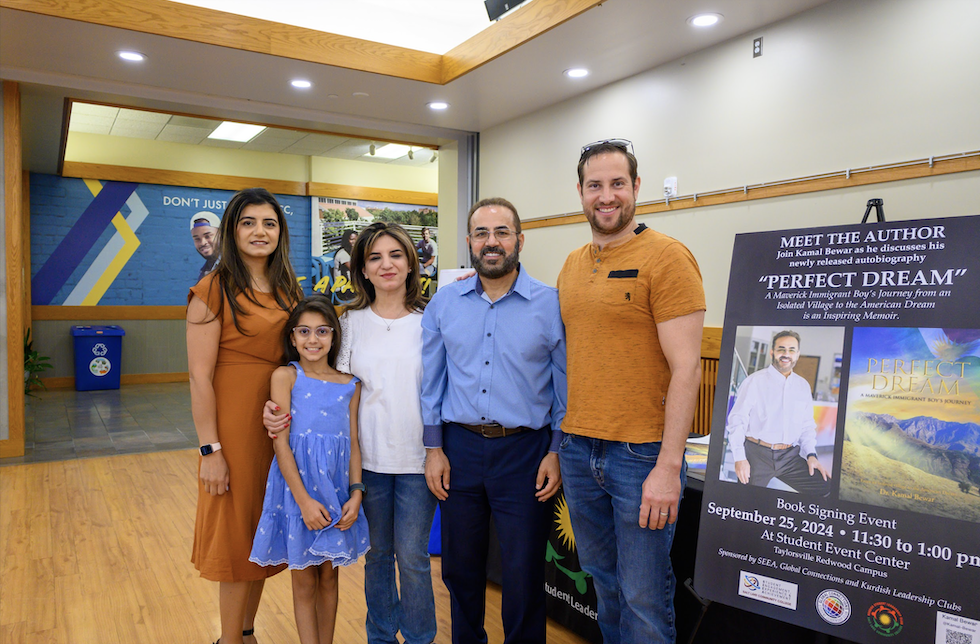
Educational and cultural focus
Many Kurdish people have forged their American dream and achieved success in various fields. Bewar flourished in education. Despite the challenges of starting anew in a foreign country, he earned a PhD in higher educational leadership. He has over a decade of experience in teaching and advising, having worked as an Assistant Professor at the Department of Defense Language Institute, where he taught Kurdish language and Middle Eastern culture. “I currently work at Salt Lake Community College as a Student Success Advisor, focusing on student support, retention, and mentoring. I also advise students and have founded student leadership groups such as the Kurdish Student Leadership and Global Connections,” he added.
There is no official count of the Kurdish population in Utah, but estimates indicate that as of 2025, the Kurdish community consists of roughly 100 families, mainly in the Salt Lake City area. The community has grown slowly and is active in the education, healthcare, business, and public service sectors. They also participate in civic activities, cultural events, and efforts to raise awareness about human rights and Kurdish issues internationally.
Serving the Kurdish community is a passion for many diasporic Kurds, including Bewar. He is the founder of the Kurdish Community of Utah (KCU) and currently serves as its vice president. Through this organization, he works to uplift and support Kurdish individuals and families while fostering connections with other communities across Utah. As Bewar mentioned, being a Kurd is not always easy, but he views it as a gift that gives him purpose, strength, and a clear sense of direction. “It influences everything I do, from mentoring students to advocating for justice, and I will always use my platform to uplift my people and our culture,” he asserted.
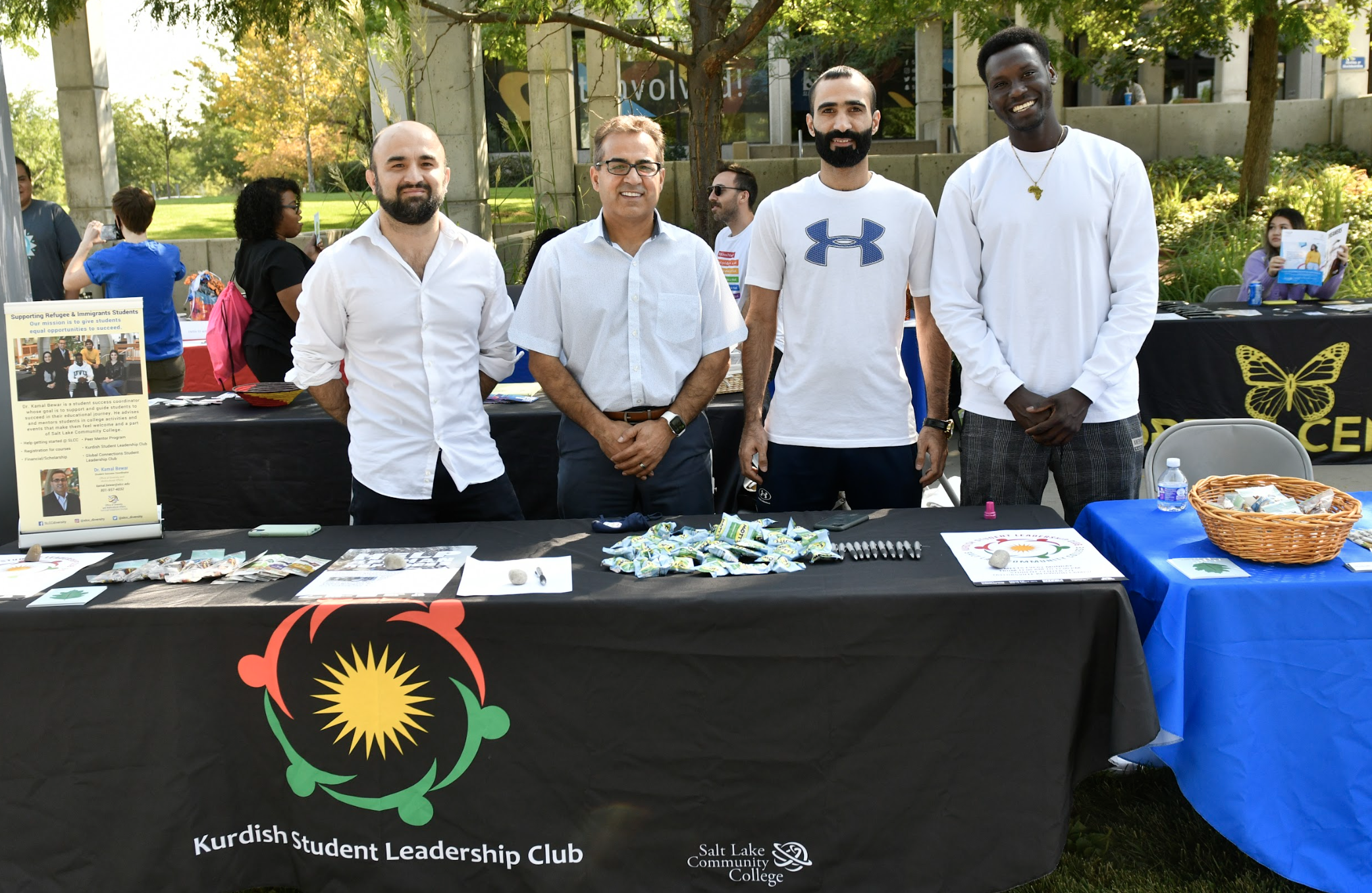
Community organizing
When asked for more details about the Kurdish community in Utah, Bewar explained that the KCU has been active since 1997, following the arrival of over 50 Kurdish families who resettled in Salt Lake City after the 1996 conflict in Iraqi Kurdistan. During this period, Bewar worked as a caseworker for Catholic Community Services, assisting many newly arrived Kurdish families to resettle. At that time, several Kurdish people, including Bewar, decided to establish a community organization to support and unify Kurdish people in Utah.
In 2015, after earning his doctoral degree, Bewar pursued the formal establishment of the KCU as a nonprofit organization. He registered the organization with the state and secured federal nonprofit status from the U.S. Internal Revenue Service. Since its inception, the KCU has served the community in various capacities. One of its projects is an educational program that teaches Kurdish language, culture, history, and the Quran to children, with the intention of fostering cultural continuity and values within the community. Another is the annual celebration of Newroz, the Kurdish New Year, that the KCU has organized since 1997, marking the first time this important cultural tradition was officially celebrated by the Kurdish community in Utah.
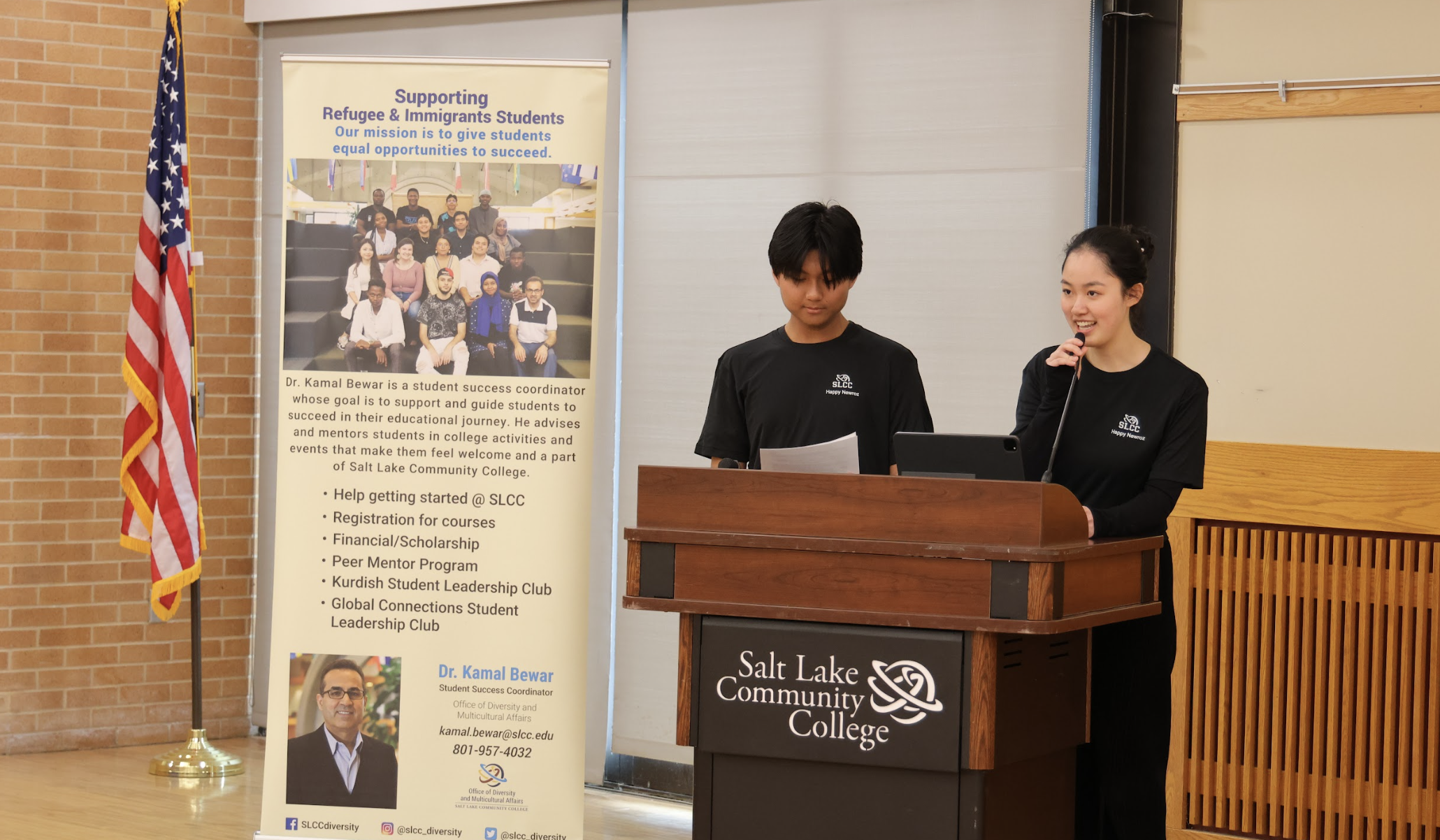
When I asked him about the challenges he sees in preserving and promoting Kurdish culture, Bewar highlighted several. “One of the biggest challenges is the natural process of assimilation that immigrant families face,” he says. He continued, noting that younger generations, especially those born or raised in the United States, often grapple with balancing multiple identities. While they strive to fit in and succeed in American society, they may feel disconnected from their Kurdish roots, language, and traditions.
Language preservation is also particularly challenging. With its various dialects, Kurdish is not widely taught in mainstream schools, making it vital for families and community programs to make intentional efforts to maintain fluency among youth. Without consistent exposure, younger Kurds risk losing their ability to communicate in their native language, which is key to transmitting culture and values. Another challenge, according to Bewar, is the diversity within the Kurdish community itself. Kurds come from different regions and backgrounds, with varying dialects, customs, and political perspectives. Finding common ground to unite the community while respecting these differences requires careful navigation and inclusive leadership.
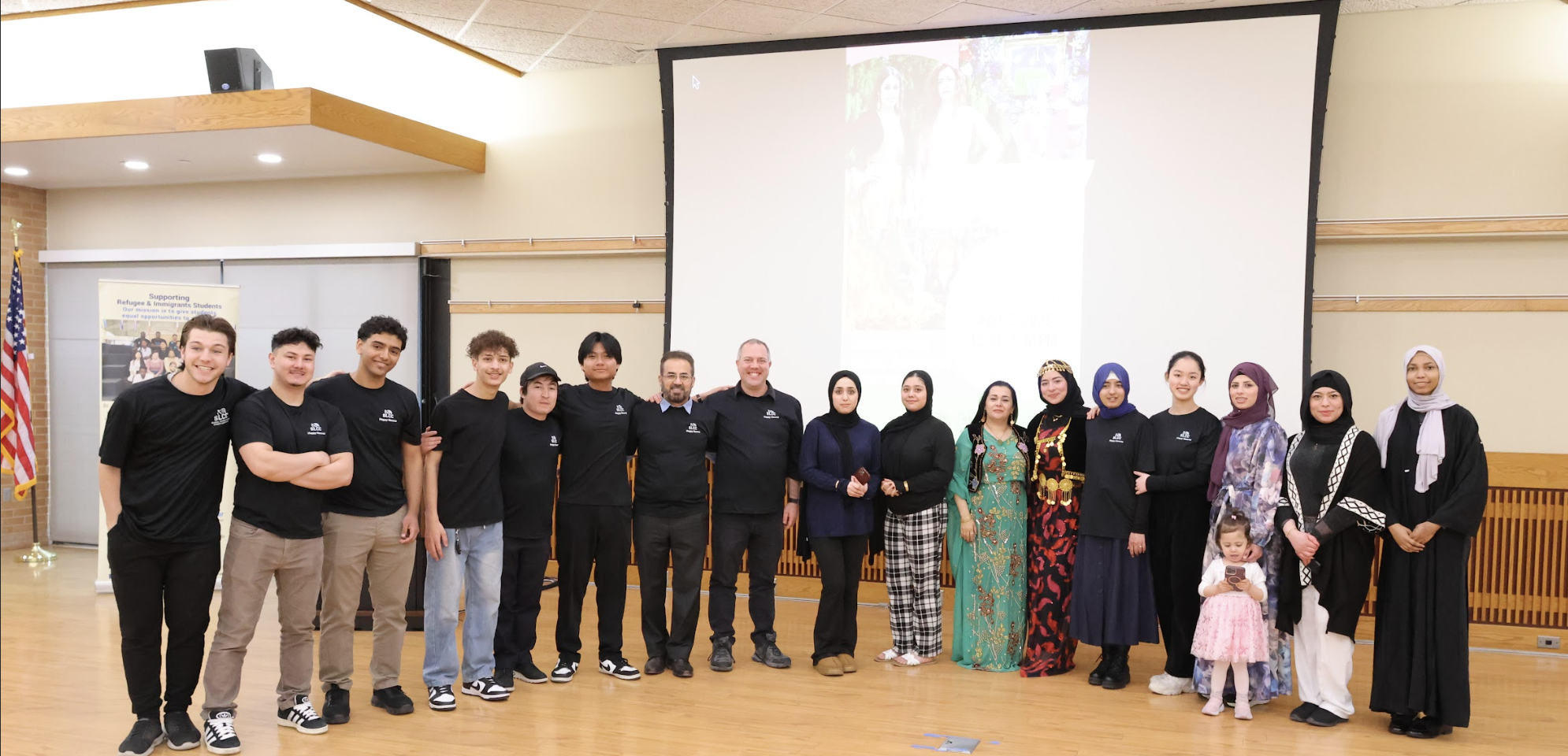
A deep source of pride
Bewar regards his achievements in the United States as particularly significant, given the longstanding quest for recognition by his people. He emphasizes that his Kurdish heritage remains integral to his identity, continually motivating him throughout various challenges. Raised in a small village, Bewar recognized early on that education would be fundamental to his advancement. “My efforts extended beyond personal accomplishment; I aimed to support my family, uphold my heritage, and ultimately contribute to my community,” he explained.
Starting life in a new country, especially with a different language and culture, is a daunting challenge that many Kurds face. They encounter numerous obstacles, such as language barriers, cultural adjustments, and the pressure of building a new life from scratch. However, these difficulties only fueled Bewar’s determination. “I pursued higher education relentlessly, earning a PhD in higher educational leadership because I believed that education was not just a tool for success, but also a means to break cycles of marginalization,” he stated.
Being Kurdish is a deep source of pride for most Kurds. I have witnessed numerous diasporic Kurds who always introduced themselves as Kurds from Kurdistan; very few refer to themselves as being from Iraq or other countries that make up Greater Kurdistan. “My Kurdish identity is not just a cultural background, but a lived experience shaped by history, struggle, resilience, and an unbreakable spirit,” Bewar says.
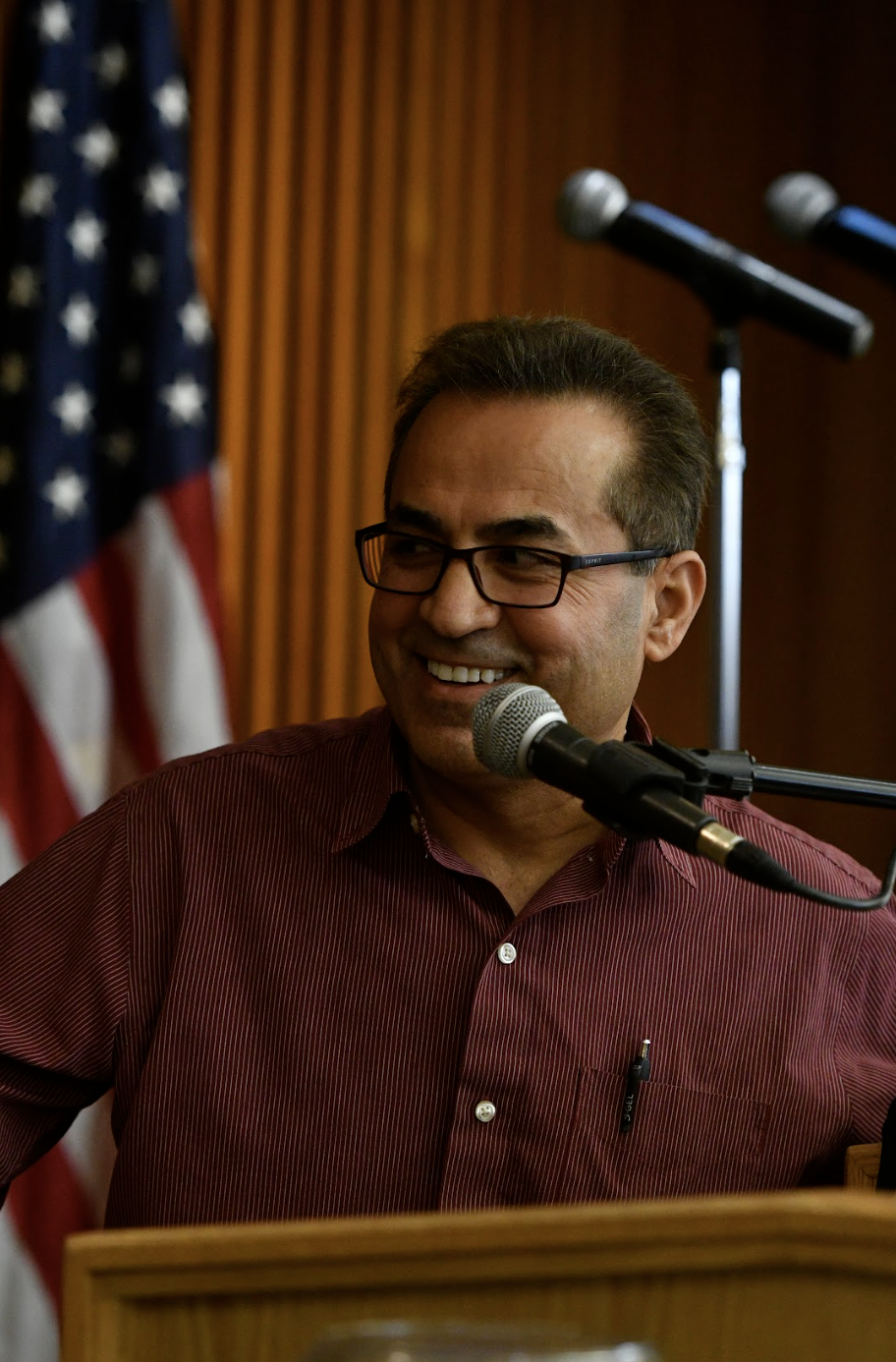
Bewar and other Kurds in the diaspora – as a stateless group that has experienced oppression and marginalization – report a strong sense of responsibility regarding their identity. Bewar stated that his identity informs his personal values and professional work. He noted that his academic and professional pursuits draw on his experiences and cultural background to address the perspectives of Kurds and other underrepresented communities.
Bewar’s doctoral dissertation, Supports and Obstacles Perceived by Kurdish Students in Reaching Higher Educational Goals, examined the specific challenges and strengths encountered by Kurdish students in higher education, who are rarely discussed in academic literature. Additionally, Bewar indicated that his identity influences how he approaches supporting students and communities, focusing on equity, access to education, and cultural inclusion, with a goal of fostering understanding and representation.
Bewar recently published his first book, Perfect Dream: A Maverick Immigrant Boy’s Journey, which reflects on his experiences, challenges, and triumphs as a Kurdish immigrant in the United States. He is currently working on a second book – and possibly a third – as part of a broader effort to document and share his journey and the wider Kurdish immigrant experience.
Another long-term, deeply personal goal is ensuring that the KCU becomes a lasting, positive legacy. “I want the next generation to carry the torch for many years to come, continuing to strengthen our community for the future,” he added.
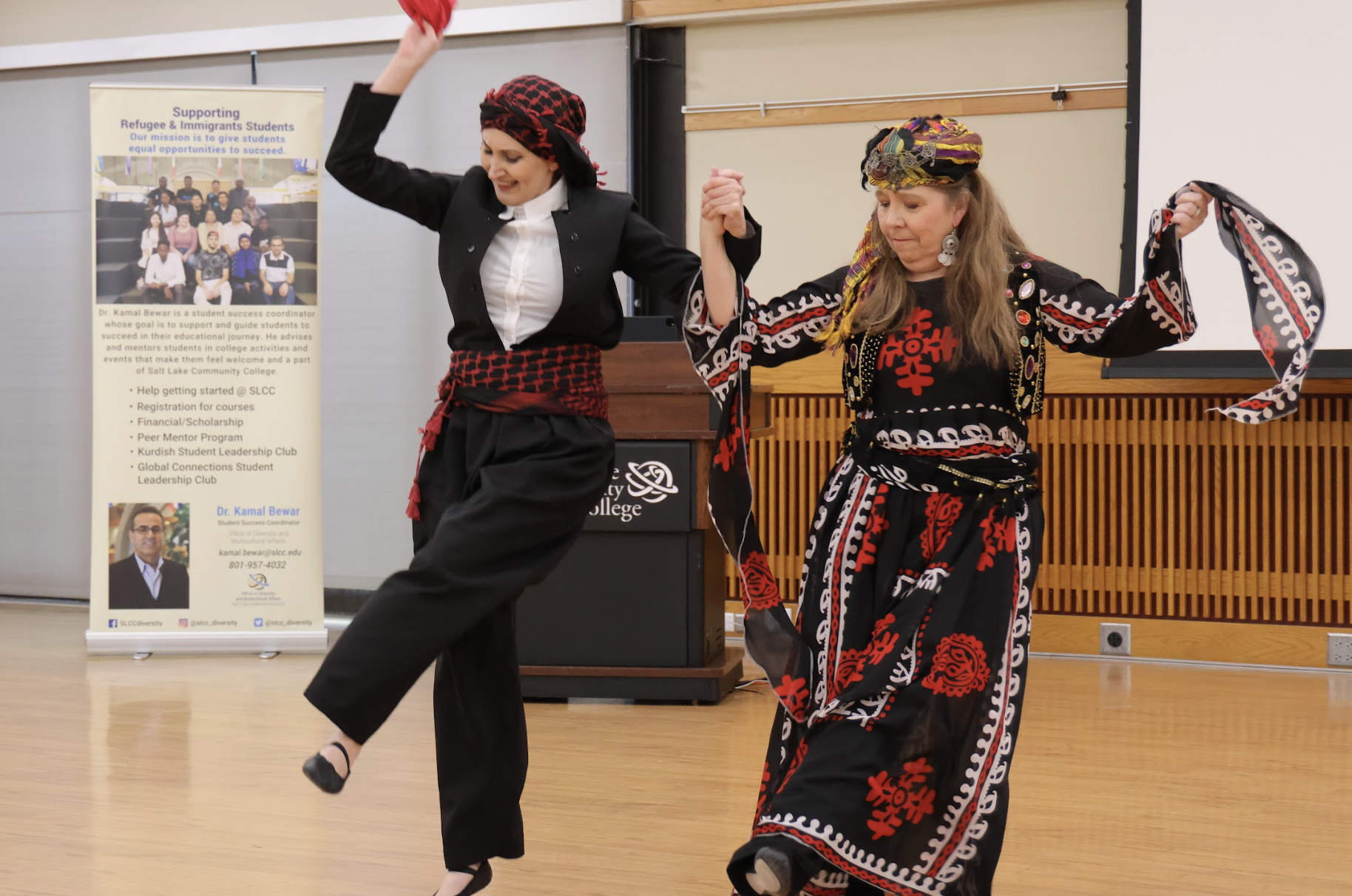
A place for Kurdish culture to thrive
Bewar’s vision for understanding and empowering the Kurdish community in the United States recognizes that many Kurds carry trauma and loss with them when they arrive. Their experiences of having suffered conflicts and displacement affect how culture and history are passed down, sometimes creating tension between honoring the past and embracing a new future. “Despite these challenges, I remain optimistic because of the resilience and strong sense of identity among Kurdish people. Through organizations like KCU, educational programs teaching Kurdish language, history, and culture, and active community engagement, we are building a foundation for younger generations to stay connected and be proud of their heritage,” he stated.
The key lies in continuous effort, collaboration, and creating spaces where Kurdish culture can thrive and evolve within the broader American context. For instance, Bewar plans to use his expertise to contribute to the development of the education system in the Kurdistan Region and establish connections that support educational initiatives there. “My academic and professional background in higher education leadership equips me with valuable experience that I hope to leverage to support educational development initiatives in Kurdistan,” he said.
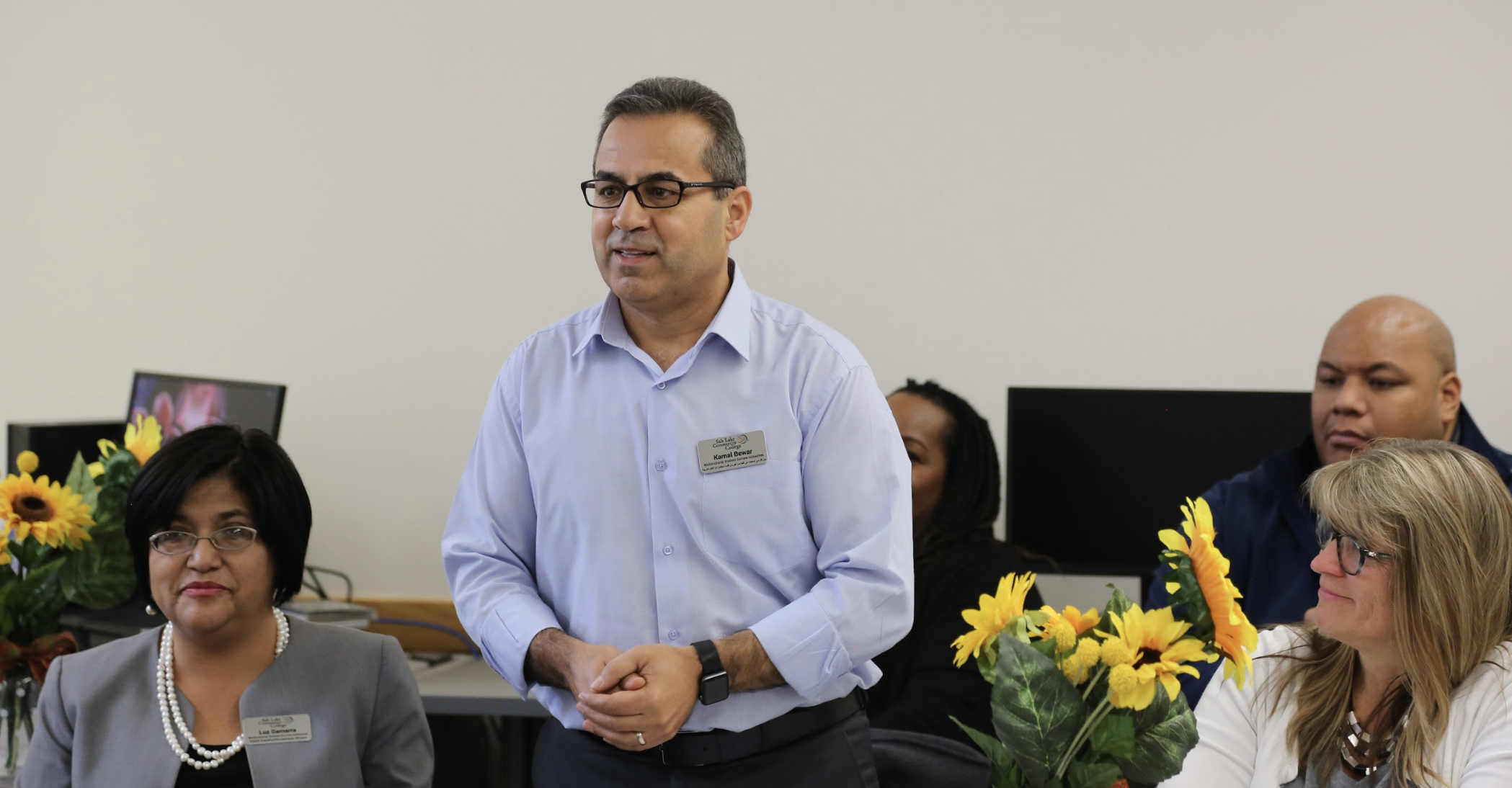
While he currently focuses on serving the Kurdish community in Utah and his role at Salt Lake Community College, he is actively exploring ways to build bridges between Kurdish educational institutions and those in the United States. “Establishing partnerships, facilitating exchange programs, and sharing best practices are important goals for me. I believe these connections can create opportunities for students and educators in Kurdistan to access resources, training, and global perspectives that enhance learning outcomes,” he added.
Bewar’s advice for the younger generation in Kurdistan is to take pride in their rich heritage and resilient identity as Kurds. “Your culture, language, and history are treasures that give you strength and a unique voice in the world. At the same time, embrace education and lifelong learning as your greatest tools for growth and opportunity. Work hard, stay curious, and be open to new ideas while never forgetting where you come from. Education opens doors and empowers you to create change, not just for yourself, but for your family, community, and Kurdistan,” he concluded.
Goran Shakhawan is a Kurdish-American journalist and author based in the United States. He has covered news for several Kurdish news outlets and was a former senior correspondent for Kurdistan24 in Erbil and Washington D.C. He has published several books in Kurdish.

